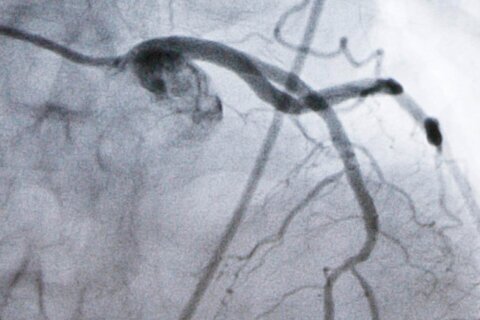WASHINGTON — Counting calories is hard enough, but keeping track of protein, sodium and sugar may just be too much math for some people.
Sally Squires, who writes the Lean Plate Club™ blog, says part of the challenge is that many people aren’t aware of what the targets should be. For example, Squires said, our bodies actually don’t need as much protein as we think. “Most men need only about five to six and a half ounces per day, and it’s slightly less for women,” she said.
“The people who really need a lot of protein are teenage boys. These are energy machines … they are active, they are burning calories,” Squires added.
So how do you know when you’re getting enough or if you are overdoing it? Squires said a small chicken breast has about 3 ounces of protein. If you were to factor in a peanut butter sandwich, you’ve probably met your protein quota for the day if you are woman. A burger, she says, has all the protein children need in a day, and about half of what most adults need.
Knowing the daily limits for salt and sugar consumption is especially important. Squires advised that less is better — experts say most Americans tend to over-consume added sugars and sodium.
The average adult takes in an estimated 3,500 milligrams of sodium daily — too high, Squires said. For many people, the daily limit should be about 2,300 milligrams, and for those in certain groups such as middle-aged and older Americans, African Americans and those with high blood pressure, the daily sodium consumption should be about 1500 milligrams.
Does that mean you have to break out the calculator throughout the day? Not quite. Squires recommended using the Nutrition Facts panel on the side of the food you eat.
“You want to check for ‘daily value,’ and if what you want to eat has around 5 percent or less of your daily value of sodium or sugar, you’re probably OK. But if it’s 10 percent or more, then you want to think about what else you’ll be eating that day,” Squires said.
New Nutrition Facts panels are coming in about a year, which may help some people to better manage what they’re consuming.







